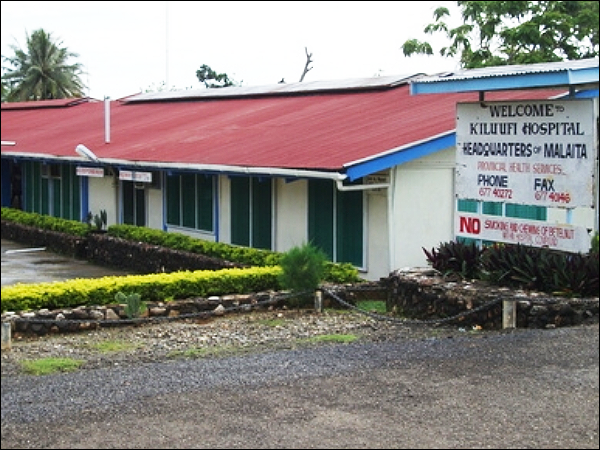BY JOHN HOUANIHAU
Regional solidarity is fundamental to achieving sustainable fisheries, says Minister for Fisheries and Marine Resources, Nestor Giro.
Speaking yesterday during a session focused on how the Pacific Islands region has responded to SDG 14.4 through the establishment of key fisheries institutions, Giro emphasized the region’s commitment to sustainable fisheries.
He highlighted that regional unity has always been central to addressing the importance of sustainable fisheries.
“The establishment of the regional institutional framework through the Pacific Leaders Forum in the 1970s recognized the sustainable utilisation of marine resources as a matter of common interest among member states,” Giro stated.
He further noted that Pacific leaders were keenly aware of the region’s unique dependence on marine resources and the need to ensure their sustainability.
“The first policy agreement was reached at the Eighth Leaders’ Meeting in Port Moresby in August 1977. During this meeting, leaders adopted the Declaration on the Law of the Sea and established a regional fisheries agency.
Over the years, leaders have adopted several key policies, including the Declaration on Pacific Fisheries (2007), the Regional Roadmap for Sustainable Pacific Fisheries (2015), and the 2050 Strategy for the Blue Pacific Continent.”
Giro emphasised that there is an overarching political framework under the Pacific Islands Forum Secretariat, such as the Pacific Islands Forum Fisheries Agency (FFA), established in 1979, which supports member states in the sustainable management of highly migratory fish stocks.
“In 2004, the Western and Central Pacific Fisheries Commission (WCPFC) was established. This commission is responsible for developing rules and regulations for fishing activities in the high seas areas of the Western and Central Pacific Ocean,” Giro explained.
He acknowledged the significance of the Honiara Summit, as it marked the first occasion where the heads of these regional institutions gathered to discuss their responses to SDG 14.4.
“Comprehensive regional fisheries management arrangements have been in place for over 40 years, and they continue to play a vital role in ensuring the long-term sustainability of fisheries in our region,” he said.
Giro stressed that Small Island Developing States (SIDS) in the region must uphold their sovereignty over national waters and protect their sovereign rights over fishing activities within Exclusive Economic Zones (EEZs).
“With the support of regional institutions, the region continues to emphasise the importance of zone-based fisheries management. Coastal state rights and responsibilities for fishing activities within national jurisdictions must be respected.
Regional approaches include, but are not limited to, the Ecosystem Approach to Fisheries Management, the Precautionary Approach, Biodiversity Protection, and reducing waste in fisheries, he outlined.
Giro underscored that healthy tuna stocks and sustainable fisheries can only be ensured through regional cooperation.
“Without regional unity, we cannot achieve the SDG 14.4 target.
Without the establishment of key institutions by our leaders, we cannot achieve the SDG 14.4 target.
Without leaders endorsing regional policies, treaties, and management tools, we cannot achieve the SDG 14.4 target.
The theme of this Summit, ‘Iumi Tugeda’, is fitting—only by working together can we achieve SDG 14.4 and ensure sustainable fisheries for future generations,” Giro concluded.
For feedback, contact: [email protected]



